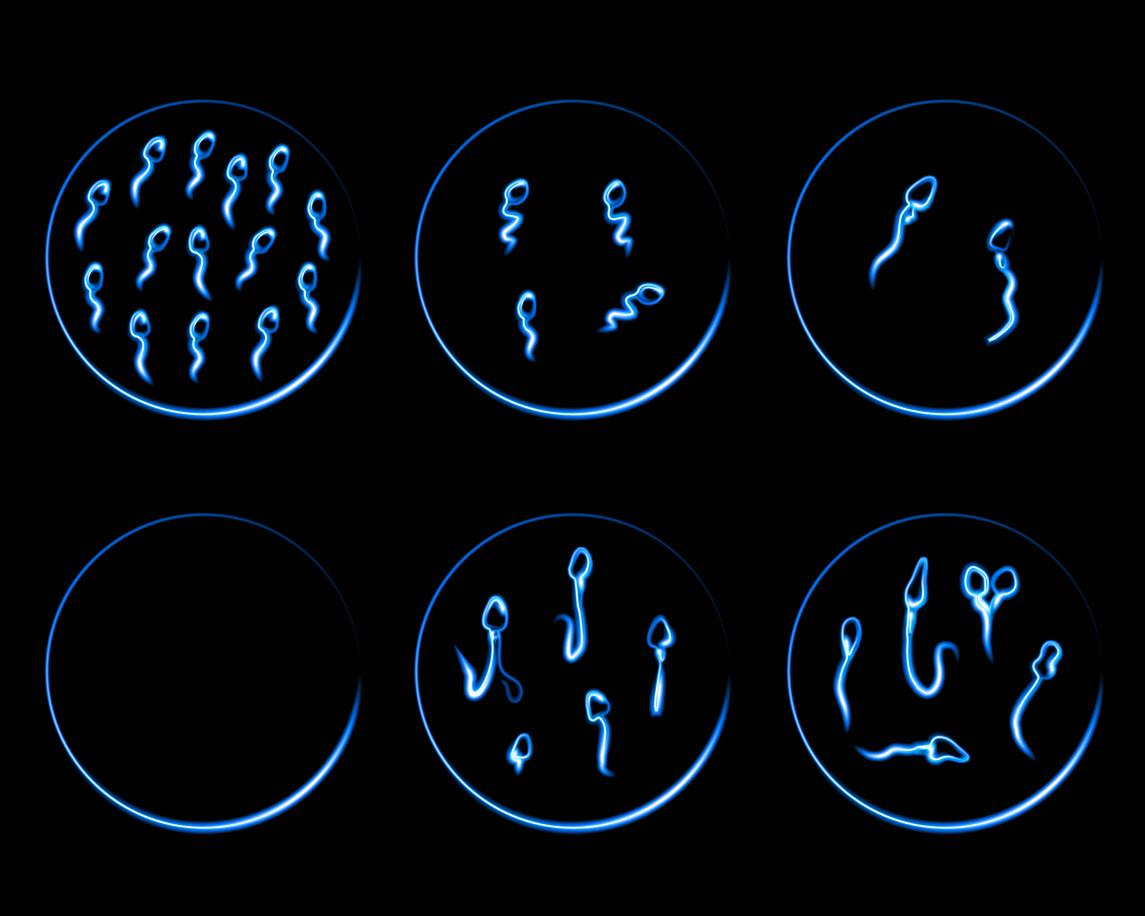No, it is not possible to keep the frozen semen from her husband. The Toulouse administrative court ruled on this sensitive issue by issuing an end of inadmissibility to a Toulouse widow. She was fighting with the courts for the right to recover the gametes of her husband who died of cancer in 2014, for conservation.
The Toulouse court’s decision follows the decision of the hospital which refused to return the late husband’s sperm samples. This desire to keep sperm was justified according to the woman by the inability to benefit from post-mortem insemination because it is prohibited in France.
The state Council recalls that bioethics laws provide that medically assisted procreation is only legal to remedy a couple’s infertility or to prevent the transmission of a particularly serious disease. “To benefit from it, both members of the couple must be alive and of childbearing age. The separation of the members of the couple or the death of one of them prevents the other member from continuing the conception project alone.”
An exceptional case of gamete export to Rennes
This case resurfaces the debate on post-mortem inseminationwhile another court decision, rendered in Rennes, seems a priori to go against this French ban. French justice responded favorably to the request of a French woman to export her husband’s gametes, with a view to post-mortem insemination. However, French law prohibits the export of gametes stored in France for post-mortem insemination. Article L. 2141-11-1 of the Public Health Code prohibits the export of gametes stored in France for a use which disregards the bioethical principles of French law.
Why this exception to the legislation then? This is justified according to the judges by exceptional circumstances. The applicant, aged under 30, lost her sick husband in January 2016, as well as her child a few days before the term.
“Exceptional circumstances justify that the regional university hospital of Rennes be ordered to take all the necessary measures to allow the export, in a European establishment accepting to carry out a post-mortem insemination, of the gametes of a husband deceased “, declared the administrative court of Rennes taken over by AFP.
Read also: A bioethicist encourages men to freeze their sperm
A woman appeals to the Council of State for a post-mortem insemination
Semen: a new discovery to treat infertility
















